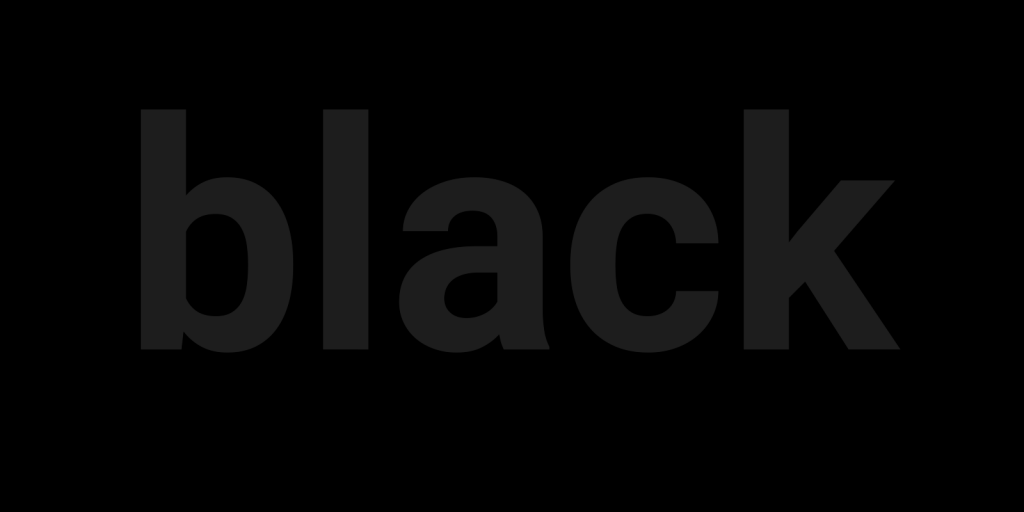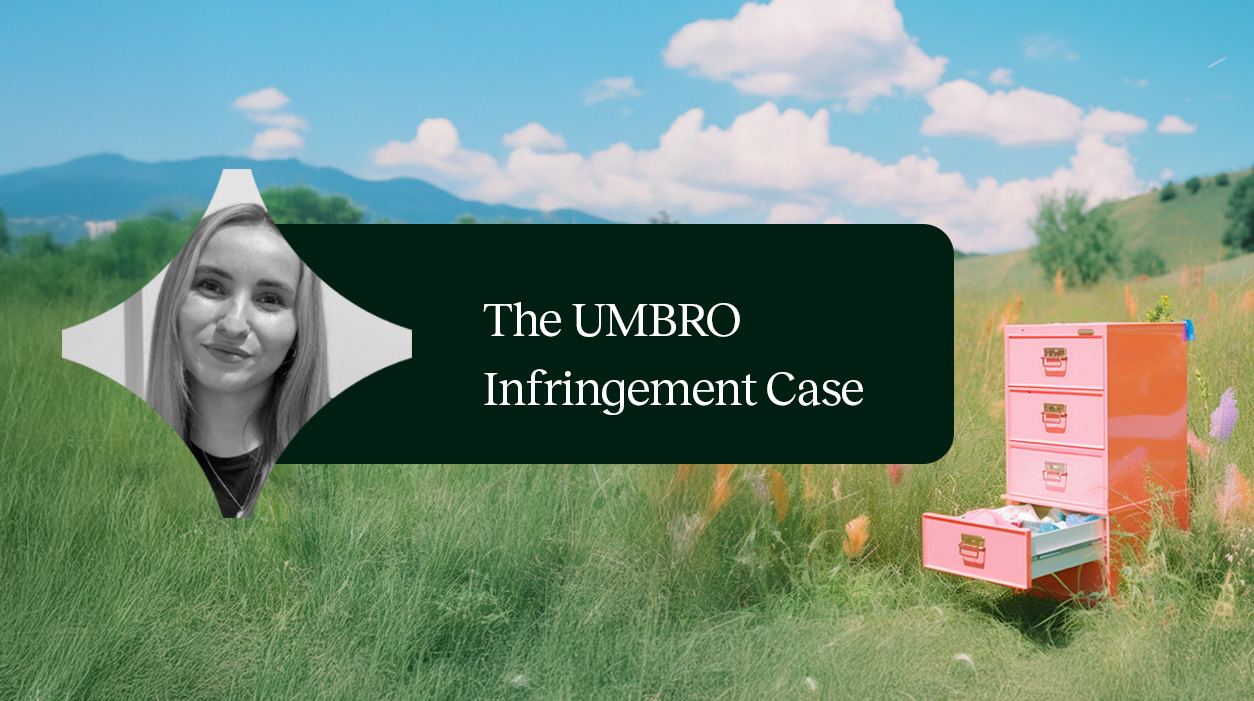Trademark is the new black
- IP & Trademarks

Exclusive rights to the colour black?
In 2014, the world’s blackest colour was presented, named “Vantablack”. The colour got a lot of attention during 2016 when it was announced that the British artist Anish Kapoor had gotten exclusive rights to use the colour in works of art. This was controversial in the art world since exclusive rights by an artist to use a certain colour or a material lacked precedence. Especially since the “pure black” has been a utopia that artists have tried to achieve for centuries.
What makes Vantablack unique is that it is not really a colour, but a pigment developed for the aerospace industry by Surrey Nanosystems, the same company that in 2016 granted Anish Kapoor exclusive rights to use the pigment in his art.
As many people know, colour is in fact the wavelength of light reflected by a certain object and registered by our own eyes. Vantablack consists of small nanotubes that absorbs 99,96% of all light that hits it – thus reflecting no light whatsoever. So really not a colour at all, but the absence of colour. The pigment is said to be the blackest material in the universe, apart from a black hole. The visual result is that a three-dimensional shape coloured in Vantablack is perceived as completely flat since you cannot distinguish any colour or texture.
What are exclusive rights really?
When it comes to exclusive rights to a colour, there are legal precedents. In Sweden, there is the famous Löfbergs Lila trade mark registration for a specific shade of purple, for coffee products. But Löfbergs Lila is an exception to the rule since they actually had to prove that their colour was associated with their brand in order to get it registered.
This is not straightforward. We get questions on a daily basis regarding the different parts of intellectual property rights, and how they differ.
Intellectual Property consists of trade marks, patents, design rights and copyright. If you for example were to start a company because you have just invented a brand new coffe machine, you would need to consider the following aspects of your business:
- Your logos and the name of your company, the machine and the model.
- The unique technical solution for how your machine produces coffee.
- The unique design of your coffee machine.
- The content (text and images) on our website and so on.
Surrey Nanosystems currently has a number of patent for the pigment, as well as an extensive trade marks protection for the name Vantablack, covering for example the EU and the US. However, no trade mark protection for the actual colour.
However, can you claim that Surrey Nanosystems have exclusive rights to Vantablack? Yes, since they have exclusive right to the name (trademarked) “Vantablack” as well as exclusive rights to the technical solution (patented) the production of the pigment.
Returning to our original question: Has Anish Kapoor got exclusive rights to the usage of Vantablack in works of art? Yes, sort of. Since no-one else is able to use the pigment – or the name Vantablack – without making a trade mark and/or trade mark infringement.
In conclusion, this is a great example of the importance of taking all aspects of intellectual property into consideration in order to create a protection for one’s products and services that is as strong as possible. In this case it entailed protecting a colour by a combination of trade marks and patents, in another case it might entail protecting a product by registering a design and trade mark.
Every situation is unique, even yours.
If you have any questions regarding the protection of your products and serviced, contact us today!


